Why I Am a Prepper and Proud Of It
During my military career, it was ingrained in me to be prepared for anything, all the time. I cannot count the times I had to listen to suffering due to other soldiers forgetting important items. So, I spent hours upon hours packing and re-packing bags to ensure I had everything required and even some niceties. I guess I have always preferred to sur-thrive instead of just survive.
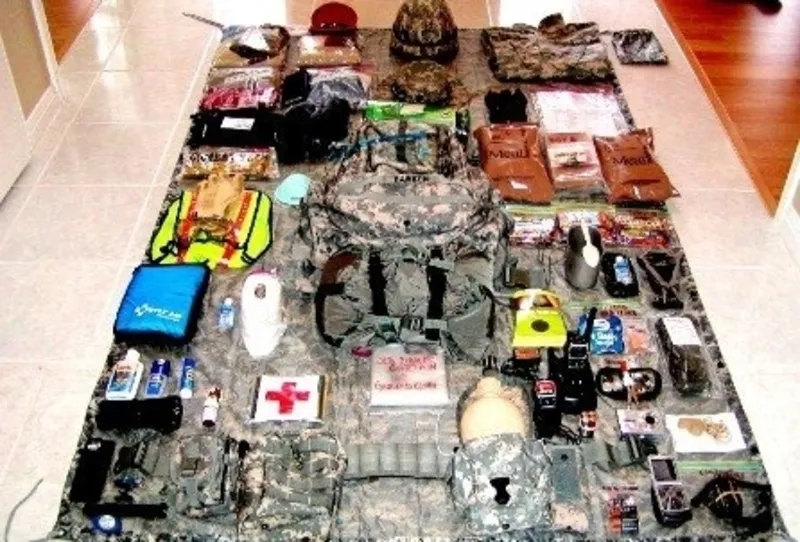 Ref: www.rallypoint.com
Ref: www.rallypoint.com
The two years after I left the Army, I lost my military discipline and virtually stopped planning and preparing for anything. I was, in my defense, enjoying life without being told what to do. I was enjoying being carefree. Or so I thought. In 2011, I came to North Alabama for training. I had no idea that Alabama was one of the deadliest states in the US for storm-related deaths.
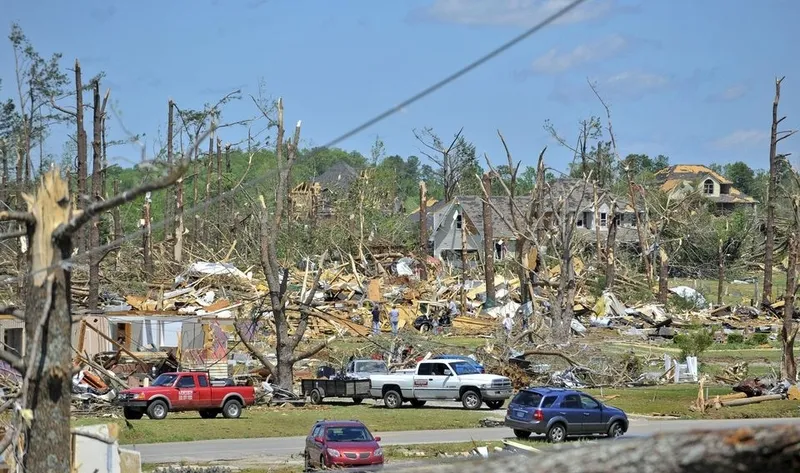 Bob Gathany | bgathany@al.com
Bob Gathany | bgathany@al.com
In 2011, Alabama had a record 29 confirmed tornadoes touch down. More than 60 deaths resulted from the storms, power was out for ten days, and stores were depleted of supplies.
Within minutes of the storm front hitting, the power grid was demolished and roads were impassable to most vehicles. Cell towers were destroyed and landlines were downed. Emergency crews were basically guessing on where to go and who to help. In most cases, crews could not get to those who needed assistance. Most stores were closed ahead of the storm and would not open until the next day, if at all. Not many were prepared. Least of all, me.
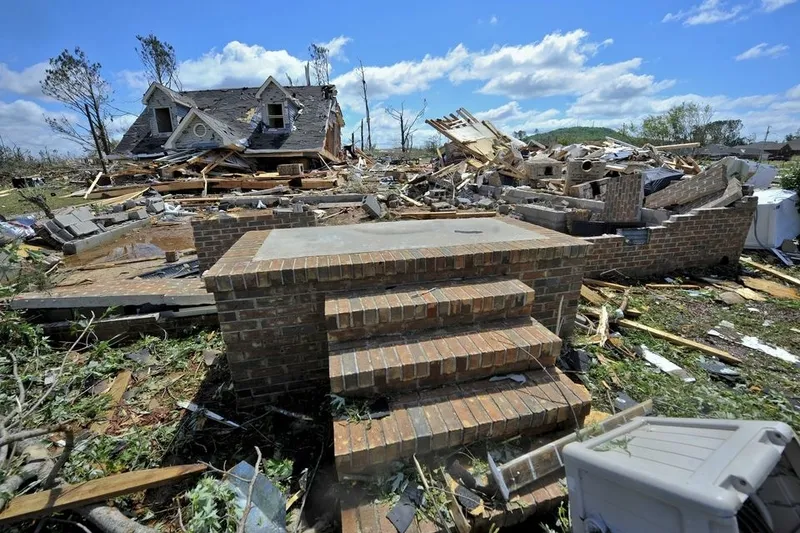 Bob Gathany | bgathany@al.com
Bob Gathany | bgathany@al.com
Day one after the storm, those who had cash stormed all of the hardware stores in a 60-mile radius and purchased all of the generators. Most of the dry goods and essentials from grocery stores were gone. I am a huge fan and supporter of crypto-currency, but it would have been useless on April 28, 2011. Communication infrastructure had collapsed and electronic transactions went with it. Cash was king that day. If you did not have any, you did not buy anything.
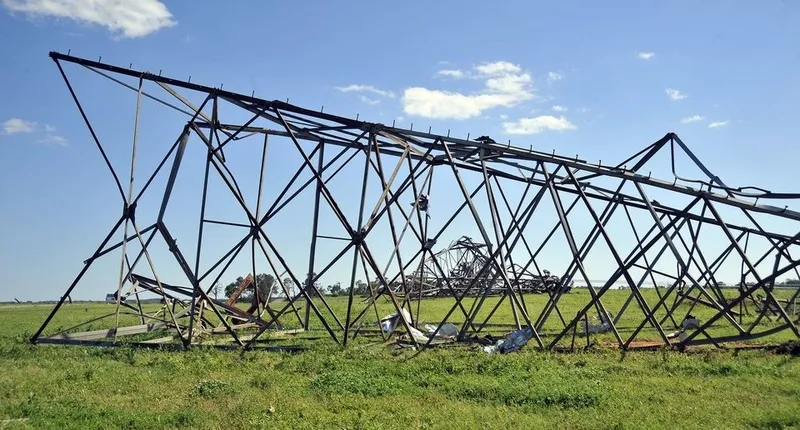 Bob Gathany | bgathany@al.com
Bob Gathany | bgathany@al.com
Day two after the storm, refrigerated food preparation became the new hotbed of contention. We went to our local supermarket to buy some charcoal or propane. A father and son duo attacked me for the last bag of charcoal only to be attacked on the way to the cashier by another man. Too few employees were able to make it into work. Due to the store being understaffed, the propane area was unmanned. Someone cut the lock on the storage cabinets and stole most of the tanks. We ended up cooking over an open fire.
Day three after the storm, a local gas station rented a large enough generator to run their gas pumps. The limit per vehicle was 5 gallons. Cars wrapped around block after block waiting in line. After we got our fill and were on our way out of the parking lot, a man pulled out a gun and robbed a young couple for their 5 gallons. When approached by a good Samaritan, the robber shot at him and sped out of the parking lot.
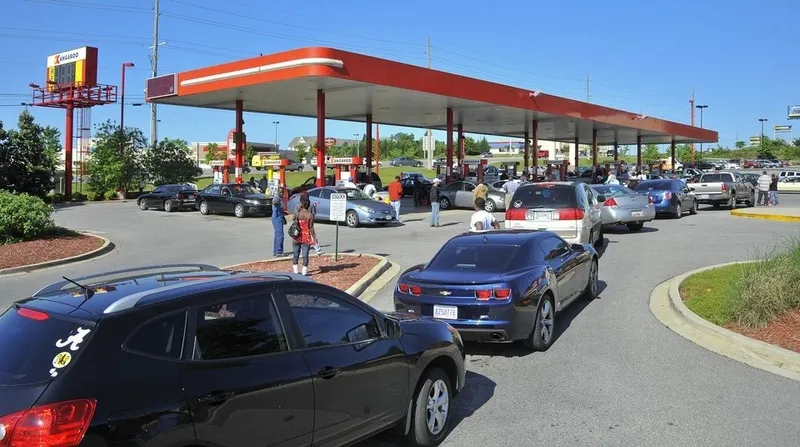 Bob Gathany | bgathany@al.com
Bob Gathany | bgathany@al.com
Two. Two days without access to regular life and people were already resorting to violence to survive. This was all it took for me to make the decision that my only hobby would be preparing to sur-thrive until I knew my whole family would be safe from any catastrophic event. You see, most non-preppers only know survivalists through popular TV shows and internet videos about crazy apocalyptic theories and Dooms Day preppers. That just isn't the case for most of us.
We know situations exist like Alabama in 2011. We understand that hurricanes can devastate like in Puerto Rico. We understand modern metropolises like New Orleans and Houston can flood in hours. We understand any of these have threats to infrastructure, logistics, and supplies. They all have an effect on the Economics of Catastrophe: As resources go down, the likelihood of violence goes up. These examples are why I am a prepper. I understand that life as we know it can change in an instant and I am not willing to bet my family's life that everything will ok and that the blanket of government services will protect us.